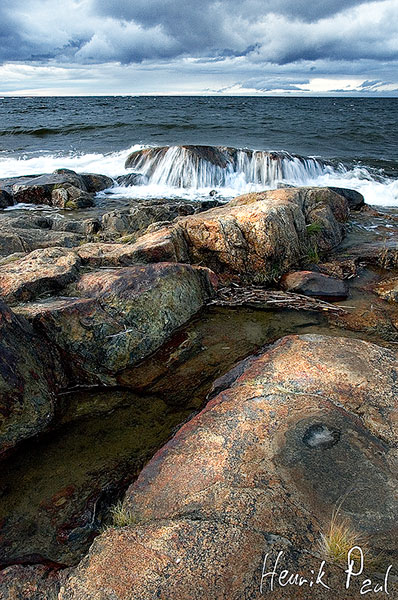A Letter from Henrik Paul
Introdution by Alain Briot
Essay by Henrik Paul
Other essays in this series
Introduction
In which I say some very enlightening facts that shed light upon the text below and place it within such a framework that no one in their right mind would pass upon reading each and every word of it ;-)
A Letter from Henrik Paul
Hi Alain,
I decided to write you back about the essays I got via email. Like me, you seem to appreciate any feedback or even discussion of your work, but just tell me if I'm going overboard.
I have to admit that despite your large collection of essays on Reichmann's Luminous Landscape, I haven't gotten myself to reading many of them. At a first glance, they seem so lengthy and involved that when I notice a new text from you, I can't get myself into it, because I probably was just casually browsing the net. I need to get into the mindset to read and really take the time to read them. That said, I think I would do myself a favor to take the time and read up on your earlier articles, those not included in your first CD.
So, about your Paradigm Shift essay. I think it's a very dead-on article. I didn't come up with anything to add, and in my mind you managed to point out the most important things and argument your views successfully. There was, however, one point that I began thinking about, the one of digital light meters.
Now, I have to say that I have only once in my entire life handled an external light meter, so I could very well be totally wrong, but this is just what I would think, as a photographer that started in the digital age. My opinion could be very unjustified.
I would claim that a digital light meter, per se, is not in our future. While photographers might find a need for an external light meter, I think putting a primitive digital camera inside of one would be redundant. I, once again, would claim that old 'analogue' light meters do their work successfully well, with a lower price than a would-be digital meter. I, once again, would claim that if one would like a small device to look at a histogram, you have your common digicam. If one would not be satisfied with the dynamic range of a digicam, there's little extra effort in taking a test shot with your DSLR, just for metering purposes, and adjusting to the histogram. But that's only what I think.

Rocky Shore 2
Henrik Paul
It's funny that you happened to send me the article Just Say Yes, and me reading it just some hours too late. At first I actually did think that what a weird topic to write lengthily on, but eventually I understood how important and accurate the essay was. Yesterday I was displaying some of my photos to our university's photography club, at the end mentioning my fresh attempt to get some of my photos sold as prints to other people.
When I thought I had everything wrapped, I heard a small voice asking "so, you shoot six megapixels?", probably from seeing my camera on the table, to which I actually answered a simple "Yes." "So, how big prints do you think you can get from six megapixels?", and that's when things took a turn from the wrong. I started with a simple "20x30cm is good still", but right after that started, unintentendedly, to justify and defend my opinions of prints larger than that. This lead to a smaller format war and such, but ultimately I felt a but uncertain of my actions. I actually started doubting myself, if six megapixels would be enough, if anyone actually would want my photos on their walls, if anyone would not be cheap enough to actually give some of their salaries to my pockets.
Should I have read that article before, I probably would have ended on top, so to say, with just short and brief answers, with my confidence still 100% intact. I now know better.
As a wider aspect of your writing style, I think that I can tell which articles you feel strongly about, and which articles you find 'merely interesting to have written down' (I mean that in no negative way). Especially the articles Just Say Yes and the ones in the series Artist in Business. They have a more speech-like structure and more personal feelings included than, say Paradigm Shift or Memories of what I have Seen, while the two latter do also have a more free form than perhaps seen elsewhere. I'm not saying that this would be bad in any way, it's just different, if not refreshing. At the very least, it portrays how strongly you feel about your field of work, and how passionately you wish other people to understand your view of the world, even if you perhaps wouldn't want to consciously justify (in the lack of a better word) your approach to your work.
I am amazed of how you have the energy to write all this. While I find writing thoughts on paper satisfying, I can't stop wondering how someone could have the energy to write so many articles of these lengths. I applaud you, and I certainly look forward to your future articles.
Henrik Paul
Åbo Akademi
Turku, Finland
http://www.henrik.paul.fi/
Essay Copyright © Henrik Paul 2006
Introduction Copyright © Alain Briot 2006